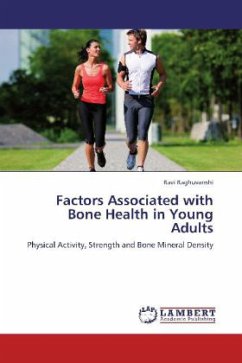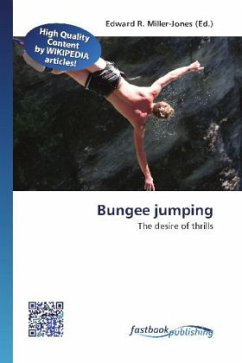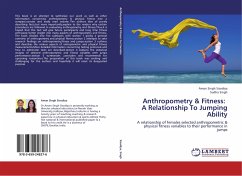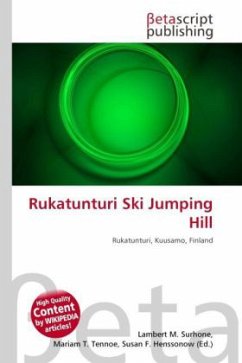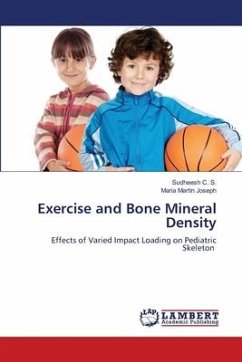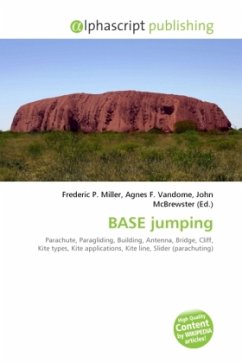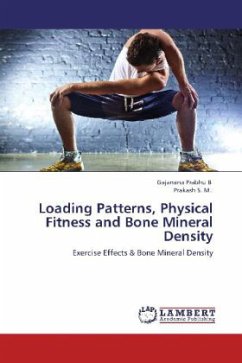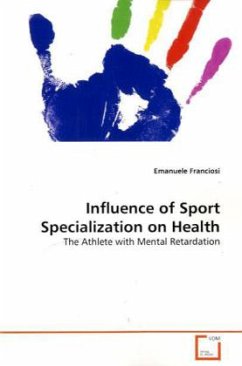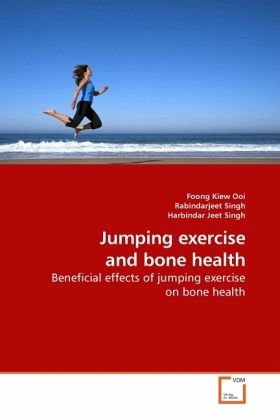
Jumping exercise and bone health
Beneficial effects of jumping exercise on bone health
Versandkostenfrei!
Versandfertig in 6-10 Tagen
52,99 €
inkl. MwSt.

PAYBACK Punkte
26 °P sammeln!
Age-related decline in bone mass in humans leads to the development of osteoporosis. One strategy to prevent osteoporosis is to increase bone mass during the early years of life and then subsequently to either maintain the bone gain or reduce the rate of bone loss. These could be achieved through adequate nutritional intake and regular weight bearing exercises. Jumping exercise as a high impact weight bearing exercise is effective in producing great osteogenic effects. This book, in addition to providing the latest general information on the anatomy and physiology of bone, bone response to mec...
Age-related decline in bone mass in humans leads to the development of osteoporosis. One strategy to prevent osteoporosis is to increase bone mass during the early years of life and then subsequently to either maintain the bone gain or reduce the rate of bone loss. These could be achieved through adequate nutritional intake and regular weight bearing exercises. Jumping exercise as a high impact weight bearing exercise is effective in producing great osteogenic effects. This book, in addition to providing the latest general information on the anatomy and physiology of bone, bone response to mechanical loading in animals and humans, and effects of cessation of exercise on bone, also provides specific experimental evidence and information on the effects of jumping exercise and subsequent deconditioning on bone. More importantly it provides clear experimental evidence on the minimum level of jumping exercise that is required to maintain the exercise-induced bone gains in rats. The information in this book is useful to professionals promoting exercise for bone health, and individuals who are involved in the research in bone physiology, physical activity and sports science.



